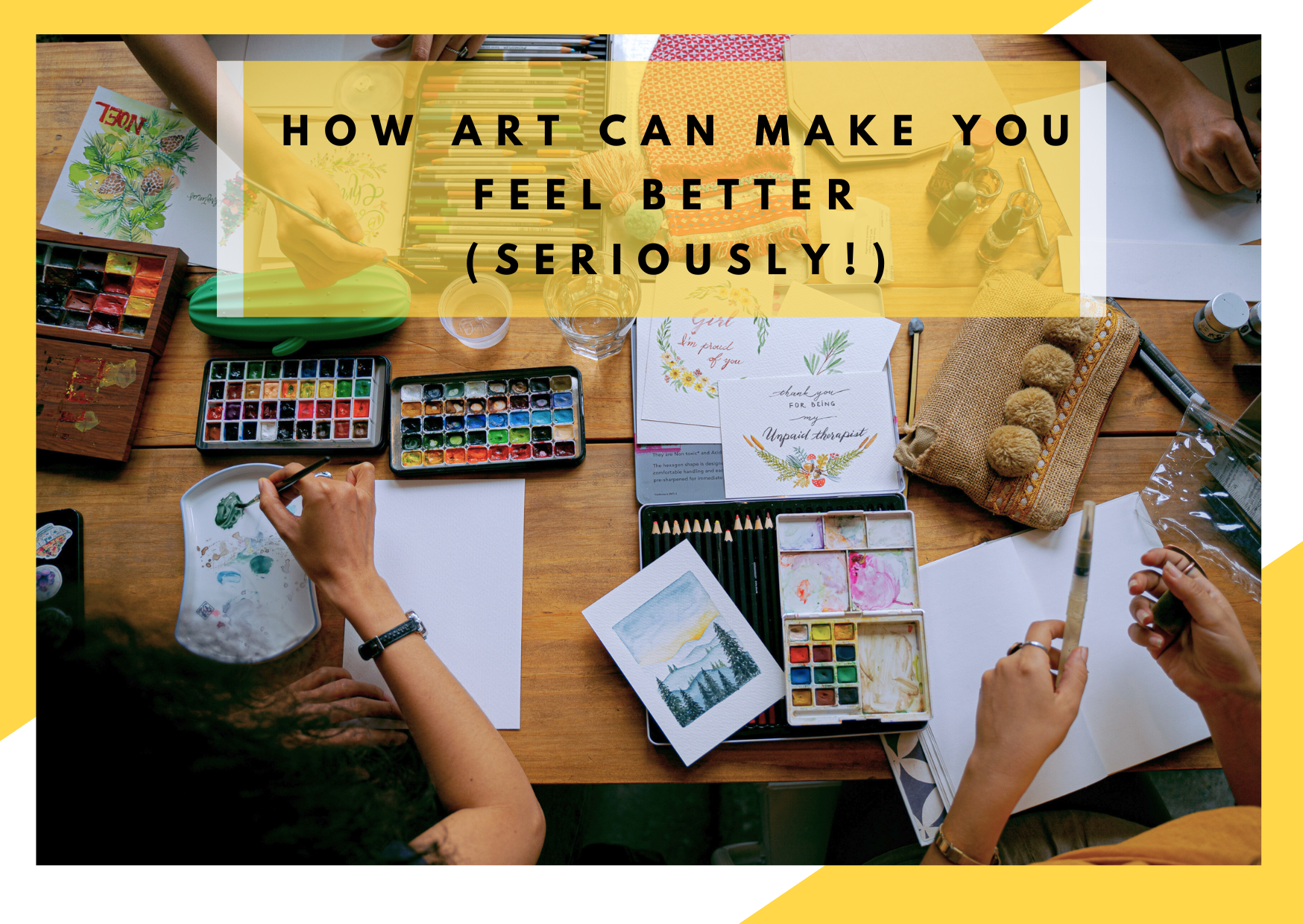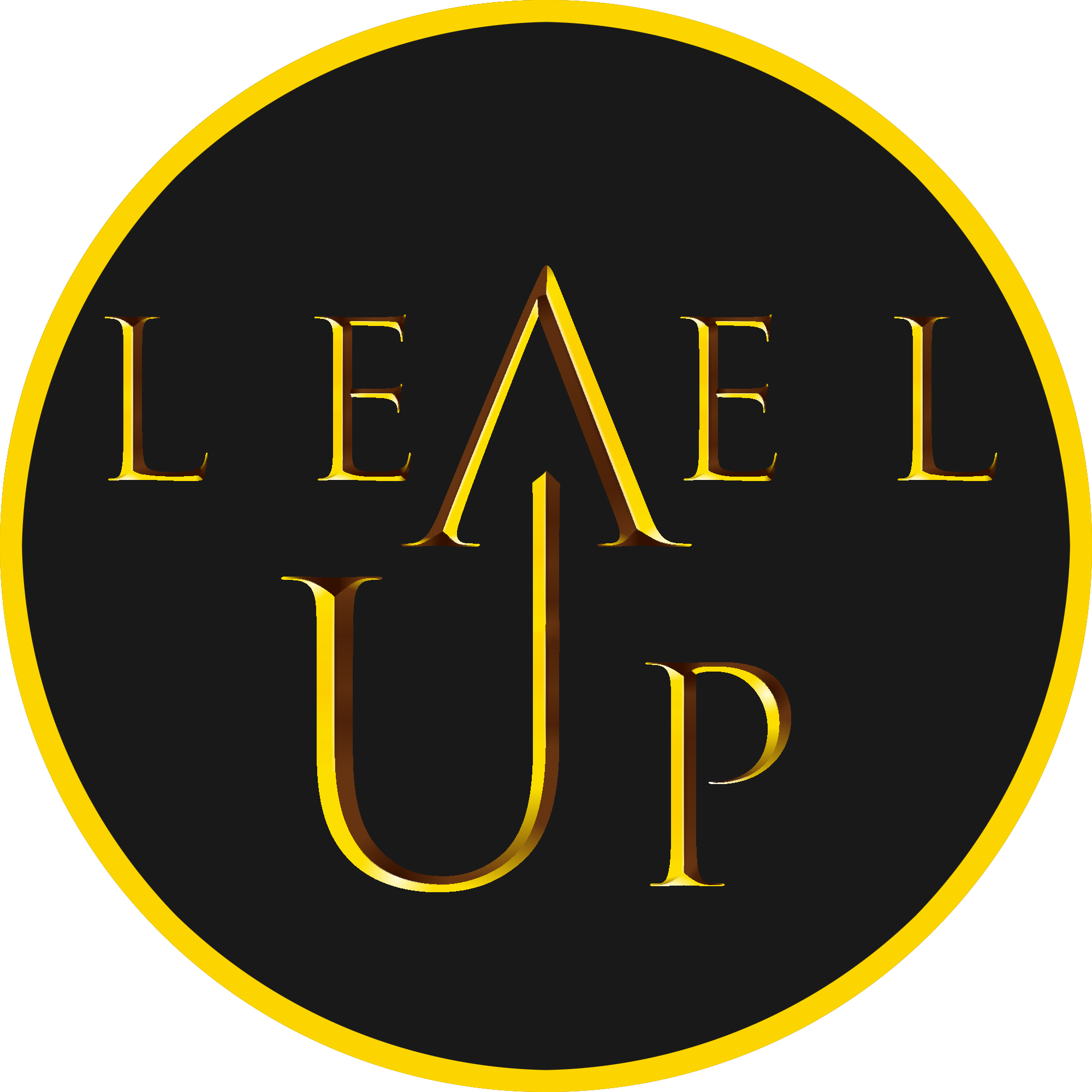May 3, 2025

Ever had one of those days where everything just feels meh? Maybe you’re stressed at work, overwhelmed with studies, or just not feeling yourself. Here’s a secret weapon you might already be using without even realizing it: art.
Whether it’s listening to your favorite playlist, doodling in the margins of your notebook, or getting lost in a museum, art has a powerful impact on our mental health and overall wellbeing. And it’s not just a vibe—science backs this up.
Art Has Always Been There for Us
From ancient cave paintings to TikTok dance trends, art has been part of how we connect, express, and heal. Storytelling, music, drawing—these aren’t just hobbies. They’re tools we’ve used for thousands of years to cope, communicate, and come together as a community.
Even the World Health Organization agrees: studies show that engaging with the arts can support both mental and physical health. Some countries, like Canada, are even testing out “art prescriptions,” where doctors recommend museum visits or creative activities as part of treatment plans. Cool, right ?
So… How Exactly Does Art Help?
Art can support wellbeing in tons of ways. Here are just a few:
- Helps process emotions – Art gives shape to feelings we can’t always put into words.
- Boosts brain function – Creative activities stimulate different parts of your brain, improving problem-solving and focus.
- Improves communication – Through art, you can connect with others in meaningful ways.
- Builds self-esteem – Creating something, no matter how small, can make you feel accomplished and proud.
- Encourages new ways of thinking – Art helps you see the world (and yourself) from new perspectives.
Quick Tips: How to Use Art to Feel Better
You don’t need to be an artist to benefit from creative expression. These simple ideas can have a powerful impact on both your emotional wellbeing—and they might just make you sharper, more focused, and more confident in your professional life too.
- Here are a few ways to bring more art into your everyday routine:
- Create music playlists for different moods : Listening to music helps you regulate emotions, process stress, and shift your energy. Whether you’re feeling low or need to focus, the right playlist can change your mindset fast.
At work, a well-chosen playlist can help you concentrate, spark creativity, or wind down after a long day. - Journaling : Writing—even just for yourself—can help you make sense of what you’re feeling, set intentions, and release stress. Free-writing, list-making, or jotting down thoughts all count. It can even strengthens your communication skills, self-reflection, and even your confidence in meetings, interviews, or presentations.
- Draw, sketch, or paint : Visual art allows you to express emotions and ideas nonverbally. It can be a calming, almost meditative activity that helps you stay grounded. It can boost your creative thinking and enhance how you visualize ideas or present them to others !
- Dance or move your body : Physical movement helps release stress and reconnects you with your body. Dancing—especially when no one’s watching—can help you shake off anxiety and boost your energy. Movement improves presence and body awareness, which can make you more confident in professional settings, whether you’re giving a presentation or networking.
- Visit museums or art galleries : Immersing yourself in art gives your mind a break and opens up space for new ideas. This builds your awareness and appreciation for different perspectives—skills that are invaluable in diverse workplaces and creative environments.
- Try a new creative hobby :Learning something like an instrument, photography, or even crafting helps you grow patience, resilience, and joy in the process.
These hobbies can sharpen your focus, boost your confidence, and remind you that growth takes time—a valuable mindset in any career.
- Create music playlists for different moods : Listening to music helps you regulate emotions, process stress, and shift your energy. Whether you’re feeling low or need to focus, the right playlist can change your mindset fast.
Your art, your way
There’s no right or wrong way to use art to feel better. It’s all about what works for you. Whether you’re sketching your thoughts, dancing off stress, or just blasting your favorite song after a tough day, creativity can be your everyday therapy. And beyond feeling good, these small habits can build focus, confidence, and communication skills that support your professional life too.
So go ahead—experiment, express, and enjoy. Your mental health will thank you.
Author : Julie Besson
